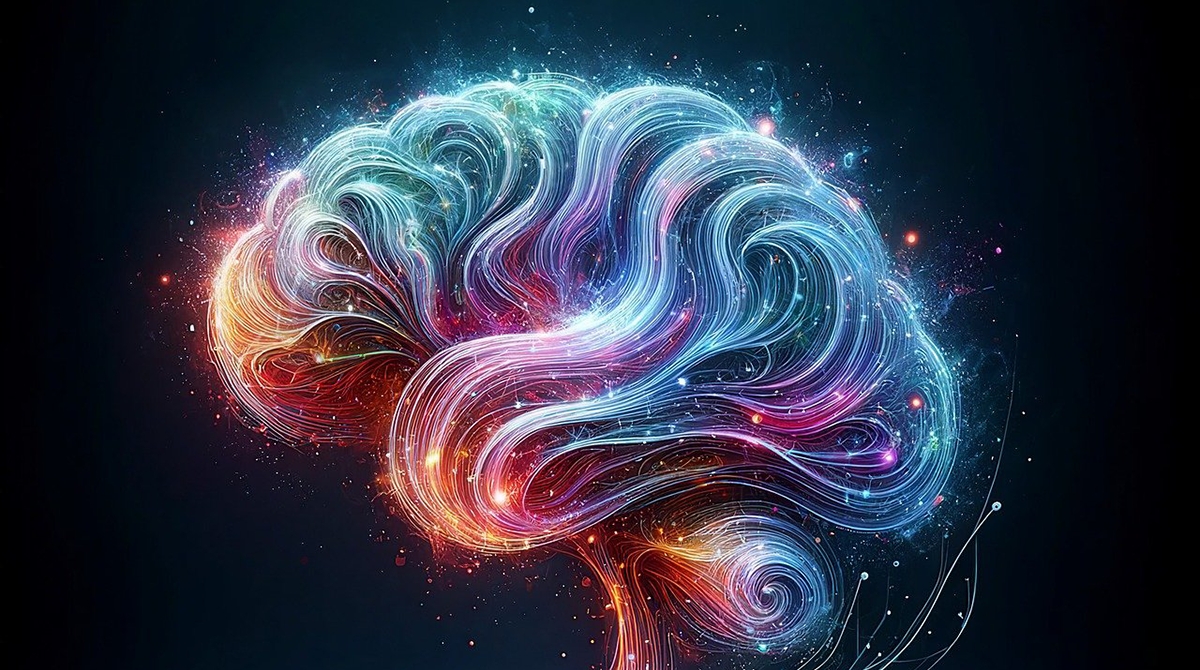
18 Jul A scientist took a psychedelic drug — and watched his own brain ‘fall apart’
By Jon Hamilton, NPR
In the name of science, Dr. Nico Dosenbach had scanned his own brain dozens of times. But this was the first time he’d taken a mind-bending substance before sliding into the MRI tunnel.
“I was, like, drifting deeper into weirdness,” he recalls. “I didn’t know where I was at all. Time stopped, and I was everyone.”
Dosenbach, an associate professor of neurology at Washington University School of Medicine in St. Louis, had been given a high dose of psilocybin, the active substance in magic mushrooms, by his colleagues.
It was all part of a study of seven people designed to show how psilocybin produces its mind-altering effects.
The results, which appear in the journal Nature, suggest that psychedelic drugs work by disrupting certain brain networks, especially one that helps people form a sense of space, time and self.
“For the first time, with a really high degree of detail, we’re understanding which networks are changing, how intensely they’re changing and what persists after the experience,” says Dr. Petros Petridis of New York University’s Langone Center for Psychedelic Medicine, who wrote an editorial accompanying the study.
The research also provided a close look at how these drugs temporarily enhance the brain’s ability to adapt and change, an ability known as plasticity. Read more …



